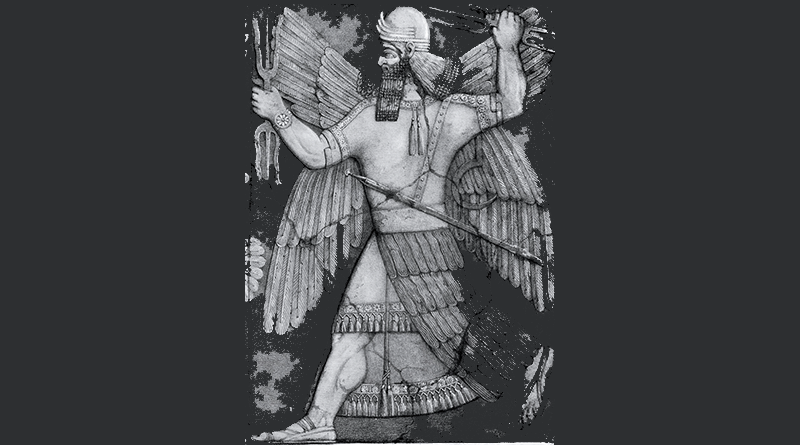The Natural Origin of the Supernatural
How the Theory of Mind shaped our relationships with Nature and each other
by Ted Wade
…. We know that gods were a big deal by the time of agricultural civilization. A god has agency like a person but is very different from one. How did humans come to believe in the improbable gods? There’s a fascinating theory for that, from an improbable source, a 20th-century psychologist and animal behaviorist: a controversial genius named Julian Jaynes.
…
Archaeology has found heads enshrined in central places of early agricultural settlements around the world. Jaynes’s theory was that those people heard the voices of leaders even when the leaders were not present. This was the major source of social cohesion, control, and passing of cultural knowledge.
Jaynes also said that, at this stage, human beings did not have the personal, first-person consciousness which we take for granted. Whether he is right about consciousness, his theory about the origin of gods is plausible because it offers a series of steps instead of a giant leap.
Villages expanded into the cities of the earlier civilizations. Chiefs became kings with the greater powers of authority needed to control more people, who were doing more kinds of things, such as: raising food, making needed artifacts, and conquering neighbors. More powerful kings became understood to be gods who lived longer than people and controlled some of those agent-like natural forces that rewarded or punished. Priests were delegated to speak for the god-king. Stone effigies of the king replaced the more ancient custom of chieftains’ moldering heads or clay-covered skulls. …


